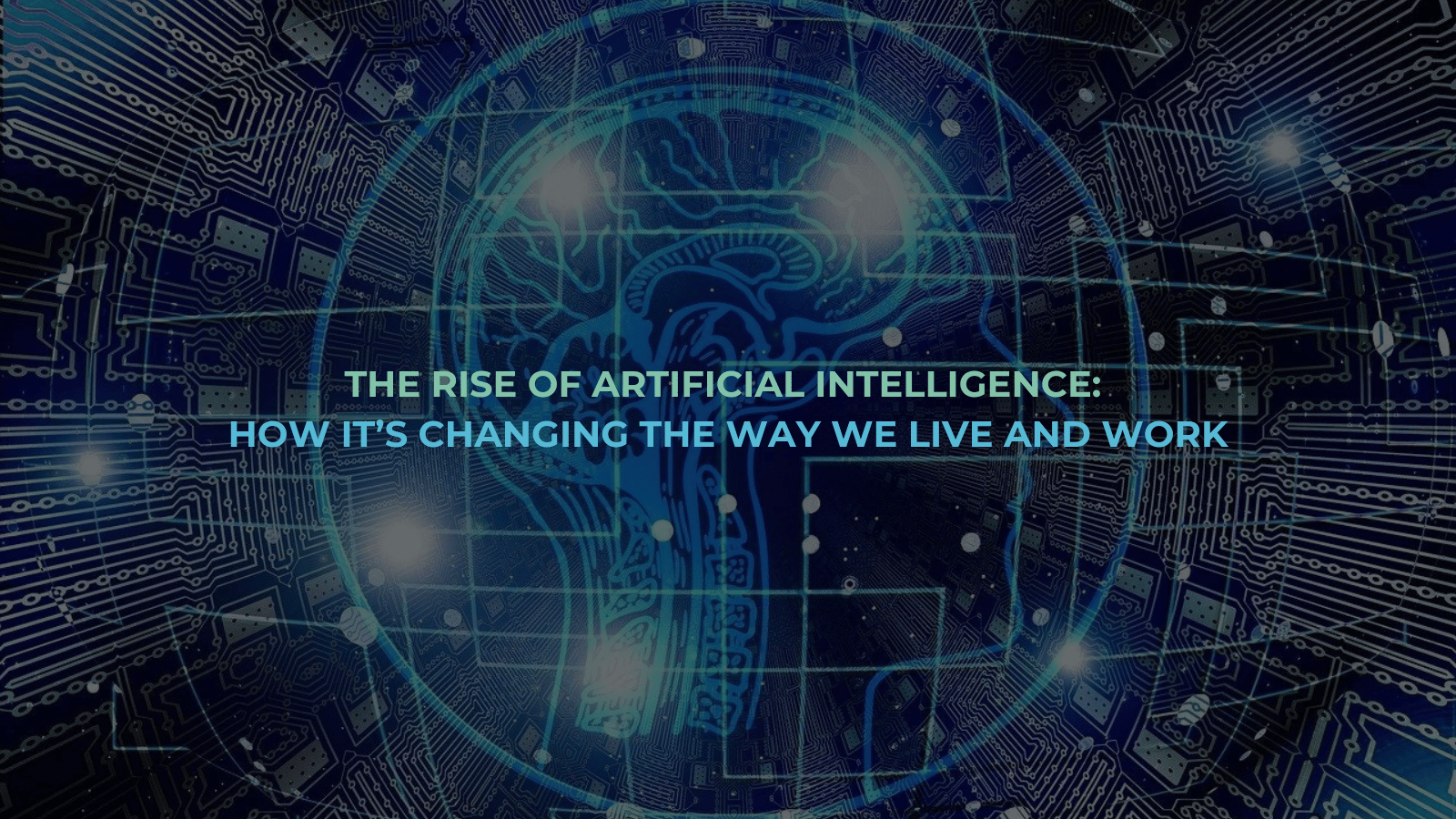
.- The Rise of Artificial Superintelligence and its Implications for Humanity..- The Rise of Artificial Superintelligence and its Implications for Humanity. Introduction: As the boundaries of technology continue to blur, the advent of Artificial Superintelligence (ASI) looms on the horizon, promising both unprecedented advancements and profound implications for humanity. This discourse will delve into the rise of ASI, examining its capabilities, potential benefits, and the myriad ethical and societal considerations it presents. Definition and Capabilities: ASI is defined as a hypothetical level of artificial intelligence that surpasses human intellectual capabilities in virtually every domain. Possessing a vast capacity for learning, reasoning, and problem-solving, ASI systems would be able to independently acquire and apply knowledge, adapt to novel situations, and make complex decisions. Benefits and Applications: ASI holds the potential to revolutionize various industries and aspects of our lives. It could enhance healthcare diagnosis, accelerate scientific research, optimize resource allocation, and automate complex tasks, freeing up human time for more creative and fulfilling pursuits. Additionally, ASI could contribute to social progress by addressing global challenges such as poverty, disease, and environmental degradation. Ethical and Societal Considerations: While the potential benefits of ASI are immense, its rise also raises a multitude of ethical and societal concerns. These include: * Job Displacement: As ASI systems become more capable, concerns arise about the potential for widespread job displacement. Automation could lead to job losses in sectors such as manufacturing, transportation, and customer service, raising economic and societal challenges. * Bias and Discrimination: If ASI systems are not designed with proper safeguards, they may inherit and amplify biases inherent in training data. This could perpetuate existing inequalities and create new forms of discrimination. * Privacy and Data Security: The vast amount of data collected and processed by ASI systems could pose significant privacy and security risks. Protecting sensitive personal information and preventing misuse becomes paramount. * Control and Accountability: Determining who retains control over ASI systems and who is accountable for their actions is crucial. Defining clear legal frameworks and ethical guidelines becomes essential to ensure responsible development and deployment. * Existential Risk: Some scholars argue that ASI, if left unchecked, could pose an existential risk to humanity. They theorize that self-improving ASI systems could enter a “runaway” scenario, outpacing human understanding and potentially leading to catastrophic consequences. Addressing the Implications: Mitigating the potential risks and harnessing the benefits of ASI requires a multifaceted approach that involves: * Ethical Development and Deployment: Establishing clear ethical principles and regulations to guide the development and deployment of ASI. * Education and Workforce Training: Preparing society for job displacement and providing opportunities for continuous learning and reskilling. * Public Engagement and Dialogue: Fostering open and informed discussions about the implications of ASI to raise awareness and shape future policies. * Global Cooperation: Collaborating with other nations to address the global challenges posed by ASI. * Continuous Monitoring and Evaluation: Regularly assessing the progress of ASI and its societal impact to inform policy adjustments and mitigate potential risks. Conclusion: The rise of ASI holds both immense promise and considerable challenges. By carefully considering the ethical, societal, and existential implications and taking proactive steps to address them, humanity can harness the power of ASI for the betterment of our world while safeguarding our fundamental values and ensuring a sustainable future for generations to come.
Posted inNews